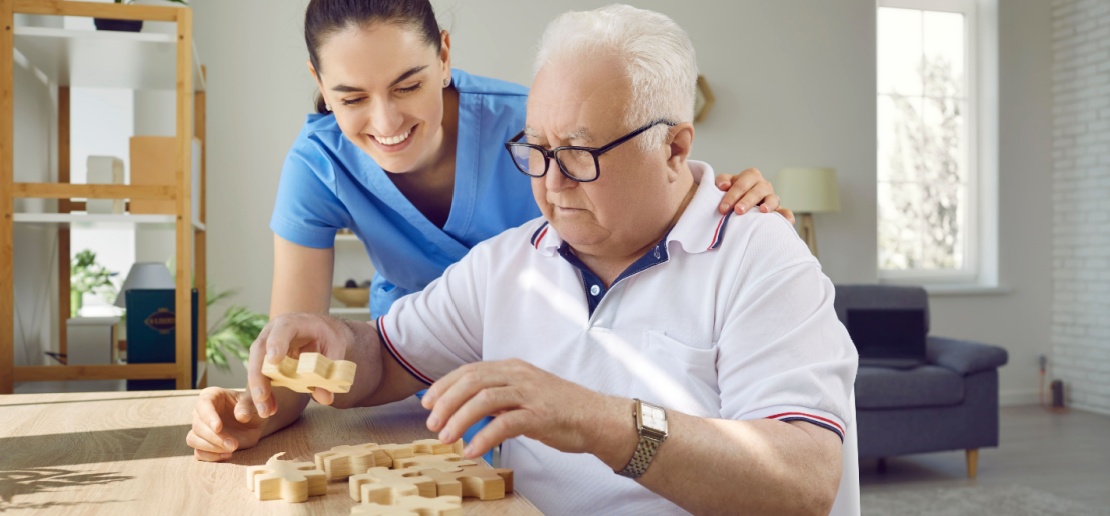
Senior Home Care: How to Stay Safe During Winter
For seniors living independently, some of the biggest challenges during winter are slips and falls on ice, losing communication due to weather-related power outages, and reduced mobility during big snowstorms.
As a senior home care provider, we understand that preparation is key to helping seniors live safely and comfortably at home during these winter months. Minor changes and having a plan in place can make a dramatic difference in minimizing accidents and creating a safer environment. Here are some of our top recommendations to help you or a senior relative stay safe this winter.
Do a safety inventory
First, walk around the interior and exterior of the home and property to identify where safety improvements are needed or where you can perform any routine maintenance tasks. This can include:
- Replacing weather stripping on doors and windows
- Furnace maintenance, including replacing filters
- Ensuring thermometers are working properly
- Purchasing or testing backup non-electric heaters in case of power failure
- Test smoke alarms and carbon monoxide detectors
- Check water heaters for leaks
- Remove snow and ice from roof overhangs
- Testing fire extinguishers and replacing if needed
- Identify fire hazards such as worn electric cables and outlets
Stock up on supplies
Snow, ice, and cold weather conditions can significantly affect seniors’ mobility. To help seniors live independently, be sure that someone is available to help with grocery shopping and have plenty of essentials and emergency supplies in stock, including:
- Canned goods, snack foods, cereal, and other non-perishable foods
- Personal hygiene products
- Pre-made frozen meals
- Flashlights and batteries
- Over-the-counter medicine
- Prescription medications
- Pet food, if applicable
- Warm clothes and blankets
Add simple home modifications
Small changes at home can make a big impact on a senior’s independence and safety. Seniors can move around easily and safely with simple modifications such as grab bars, hand-held showers, adding nightlights, replacing cabinet knobs with pull bars, adding lighting to staircases, rearranging furniture for better accessibility, and more.
Consider hiring the help of experts, such as professional in-home nurses or an occupational therapist for recommendations on creating simple yet effective home modifications.
Have important phone numbers handy
Be sure to have important phone numbers posted in a convenient and visible location, such as the refrigerator and have copies on mobile devices and an address book. Seniors should have the phone numbers of family members, health care providers, and emergency home services, such as plumbing and electrical.
Keep an extra charger for mobile devices handy, and keep a mobile phone charged for emergencies in case of a power outage.
Gather a reliable support system
Last but certainly not least, all seniors need a good support system they can rely on for emergencies and certain tasks, such as removing snow and ice on a regular basis. Be sure that you or your senior relative has a safe place for shelter in case they are out of heat and electricity for an extended period. Make an emergency evacuation plan and have a designated person check in from time to time.



